|
Author: Jeet Thayil
Genre: Fiction Keywords: Evocative. Offbeat. Authentic. Narcopolis takes you deep into the heart of another world. Welcome to the opium dens of 1970s Bombay, with their seedy little rooms, gritty alleys and notorious inhabitants. There are just a few main characters: a eunuch, a dealer, a Chinese officer, but each is endlessly fascinating. The overall mood of the book is dark, of course, but not as dark as one would expect. The writing style is riveting and intoxicating. Not many writers can write a first chapter that is one continuous paragraph, and yet not have the reader feel the strain of reading it. The writer touches upon the struggle to free oneself from addiction, and shows human nature with all its flaws. The drug world has not been glamourized (as it typically is in film/tv) or looked down upon (to send out a preachy ‘message’). Its story has been told with all its grime and glory. A semi-autobiographical tale, the authenticity of the writing shines through. The unsentimental storytelling makes for a refreshing read.
0 Comments
Author: Tan Twan Eng
Genre: Fiction Keywords: Intriguing. Mysterious. Historical. This is the tale of a judge who has been a prisoner of war in a Japanese internment camp in Word War II. After the war she tries to make sense of her life. She is also battling an illness in private. While visiting old friends, she meets a Japanese artist who was previously the Emperor’s gardener. She is conflicted, as she wants to learn the Japanese art of creating a garden from a master, but she also hates the Japanese for what they did to her and her people. The Japanese philosophy of building a garden, which goes beyond the obvious, affects her without her knowledge. She also overcomes her hatred and anger against the gardener to become friends, and later lovers. This tale moves effortlessly across different times of her life. Her journey draws the reader in. Although the book is set against the backdrop of war, it is not only a war story. We see her young days with her parents and sister in Malaya before it was torn by war. We get to know her as a well-known judge, and later, as a person searching for peace, and searching for herself. The slow revealing of her character, and the story, makes for a wonderful read. Author: Arthur Miller
Genre: Realistic fiction (maybe) Keywords: Moving. Intense. Disconcerting. I don’t read many plays but All My Sons is more than just a play. Based on a true story, it reveals the deeply complex and fundamentally flawed nature of human beings. It delves into ethics and idealism, and questions how personal greed and selfishness allow people to ignore their moral responsibilities. Its broader themes hint at the corruption prevalent in any system, and it questions the American dream of the 1950s. All My Sons is so relevant to India today; it will strike a chord in many readers’ hearts. A story that stays with you, and haunts you for a while. Author: Bel Kaufman
Genre: Epistolary novel Tags: Realistic. Humourous. Unconventional. My cousin – a school teacher – never stops raving about this book. So I finally got my hands on it. And no wonder teachers love it, because no book explains the life of a teacher with all its trials and triumphs as well as this one. Set in a school in the New York area in the 1960s, Up The Down Staircase rings true even today. The book unfolds in different voices, in the form of dialogues between people; notes between teachers, from the trash, or the suggestion box; letters between characters; scribbles on papers and so on. This lends authenticity, landing the reader smack into the life of a teacher, with all its challenges and rewards. It also makes for an interesting read, as you experience school life from various points of view. We see the growing pains and difficult lives of certain students, the insecurities and pettiness of some of the staff, and the dedicated teachers who truly love their profession. There are plenty of little stories sprouting around the main theme. Even fifty years later and continents away, one can relate to and enjoy Up The Down Staircase. Author: Alex Haley
Genre: Fiction Tags: Realistic. Historical. Poignant. Human lives often makes for the most interesting stories and Roots is no exception. This is the story, or rather the history, of one family. It starts seven generations back, with the first ancestor, Kunta Kinte. He is a young boy living with his family in a Gambian village in Africa in the 18th century. He is captured by white slave hunters and brought to America. He tries to escape several times, with brutal consequences. Finally, he is resigned to his fate. Later, he marries and has a daughter, but his deep hatred for the white race always remains, and with good reason too. The book recounts the story of his daughter, her children, their children, and so on and so forth until it ends with the author himself. The African words and tales from Kunta Kinte had been handed down through each generation, connecting all of them to their origins. This however, forms just the background narrative of the book. The main story recounts the lives of slaves on the white-owned plantations, their work, their families, their struggles for survival, identity and freedom. At times, the oppressed identifies with the oppressor. We see the attitudes of both black and white communities to one another. The story weaves in and out of important moments of American history, such as the abolition of slavery. It is a fascinating, and at many moments a heart breaking read. This is the best and worst of human nature told through one long family story. Several years (ten or more) ago, I tried to read John Steinbeck. At that time I struggled through The Grapes of Wrath, which is known as his best work. I couldn’t quite digest it. But sometimes, certain books captivate us when we are of a certain age. You have to come to the book at the right moment in your life. I think that happened only now. Steinbeck’s writing is spellbinding, a slow and exquisitely detailed unfolding of life and people in California in the 1920s and later. Steinbeck has been rightly called a ‘giant of American literature’.He writes about the simple everyday lives of people, but it is incredibly realistic, stirring, and thought provoking. His work is a fabulous time machine, a journey back to a very different America, when farms filled Palo Alto, and many struggled against crippling poverty. Some of his descriptions, especially of the hardy farmers and their families, resonate with the sorry state of farmers in India today. Like all great writing, the themes are universal. His characters lived in a different time and place, but they are so real, you feel you know them personally. Closer home, Rohinton Mistry is the writer who reminds one of Steinbeck. The Grapes of Wrath
Touching. Compelling. Philosophical. The book describes the journey of a family of poor farmers — from Oklahoma to California — in search of better land and a way out of poverty. They travel on Route 66, stopping in makeshift camps. They have to struggle for food, water, and gas, all the while running out of precious money. But more hard-hitting is the hope that keeps them going, and at moments it seems to be all that holds them together and keeps them from going insane or turning criminal. There are incredible descriptions of the land and the people who inhabit it. Steinbeck makes you feel the dust in your shoes and the burn in your belly as you walk alongside the Joads. The concluding scene of the book is powerful and unforgettable. The Moon is Down Suspenseful. Dark. Intriguing. This story is set in a small town in Europe during World War II. Although the countries haven’t been named, it is obviously German-occupied territory. When an enemy solider orders a townsman to work in a mine, he retaliates and kills the soldier unintentionally. The soldiers then execute him by a firing squad. This incident turns the townspeople against the soldiers. Though they are largely unarmed, they start plotting revenge. The atmosphere of secrecy and animosity takes a toll on the soldiers' spirits. The town's Mayor is faced with a hard decision, an existential crisis. The book reveals the great truth that there are no truly peaceful people. Under threat, everyone changes, often for the worse. Finally, the book is a great proponent for peace, as it reveals the utter futility of war. East of Eden Rich. Emotional. Biblical. This is truly an epic, following the lives of two families in the Salinas Valley. Their interwoven lives and intricate back-stories make this a captivating tapestry. Most interesting is the female character Cathy, a dark and twisted soul who will stop at nothing to get what she wants. It is not often that one encounters a powerful female villain in literature, and this is one hell of a gal. This is a journey through several people’s lifetimes, both physically and emotionally. Although the ending doesn’t have the same impact as the end of The Grapes of Wrath, it is still a very soul-satisfying read. Cannery Row Humorous. Simplistic. A story set in Monterey — a town in California — and the characters that live on one of its streets. A group of poor friends wants to do something nice for Doc, a person who is always kind to them. They have good intentions, but in their enthusiasm they mess up their plan and have the reverse effect. They cause Doc considerable trouble. A humorous read, definitely lighter than his other works. But at times it becomes a little monotonous. Personally, this is the only book of Steinbeck that I did not absolutely love. Of Mice and Men Poignant. Sorrowful. Two migrant workers are strongly bonded together, and share the dream of owning their own land someday. They work on a ranch. One of the workers has a limited mental capacity but unlimited strength. One day, he kills the ranch-owner’s wife, entirely my mistake and is petrified. He runs away but is followed by a lynch mob. It is upto the other worker to save him from a painful death. This is a heartwarming and heartbreaking tale of friendship, dreams, hope, and the unforgiving side of human nature. |
Archives
June 2018
Categories
All
LinksThe New Yorker Old Blogs |
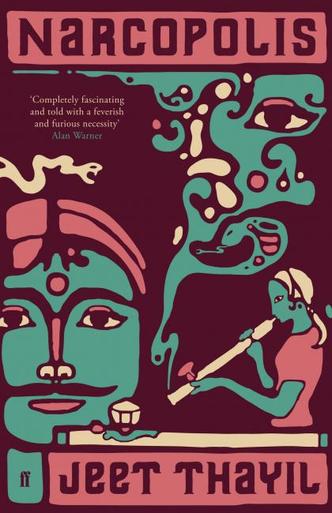
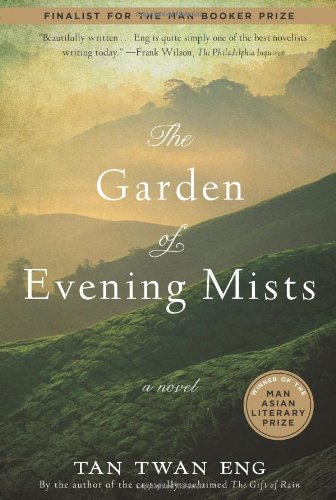
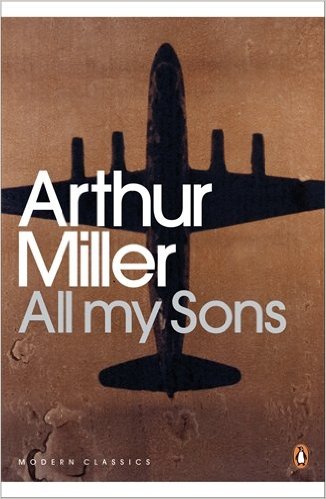

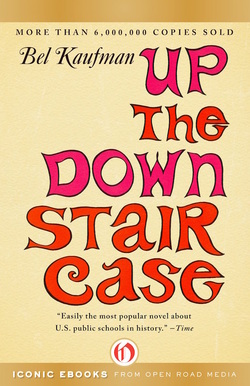
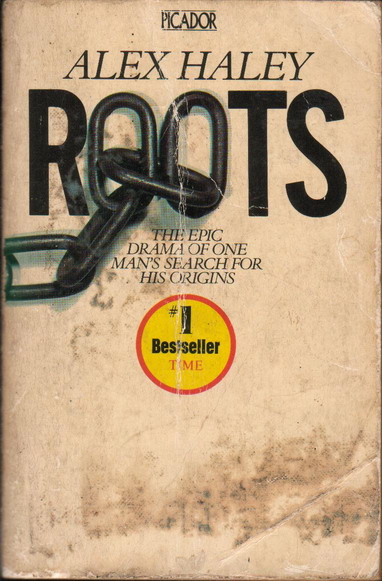
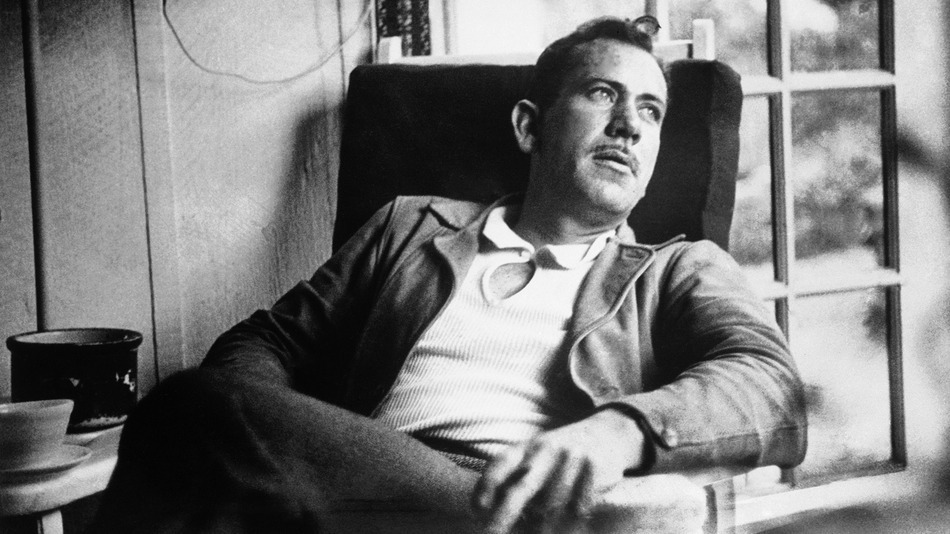
 RSS Feed
RSS Feed
